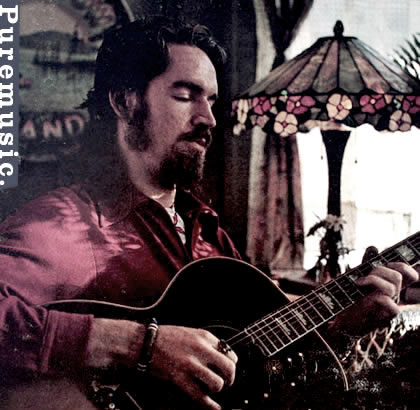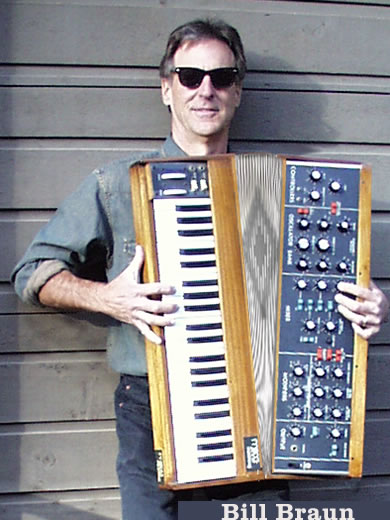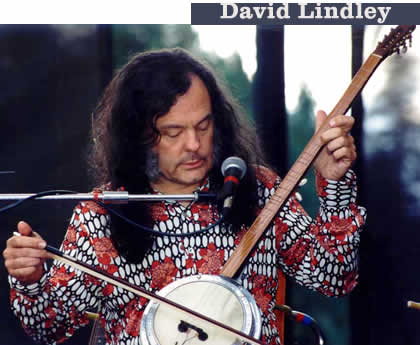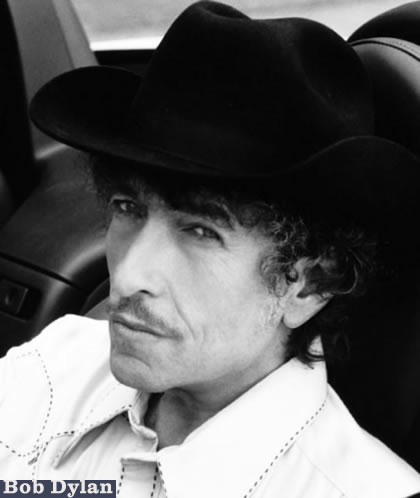
A Conversation with Danny O'Keefe (continued)
PM: And Bill Braun went on to become quite a collaborator with you, right?
DO: Yes. He's one of my favorite musical people. He's very interesting, he's very hermetic. He was hermetic when he lived in Hollywood. He had one of my favorite houses in Hollywood. And then moved to Aspen, and still is one of those people that's hard to see, because he's just not visible.

PM: It's not usually the drummers that are hermetic.
DO: He's really a keyboard player. He loves percussion, and that's what he was in that band. But he really has a great sense of musicality and arrangement. He got some of the early synthesizers and sequences, and just learned them and started figuring that stuff out. I love writers that don't necessarily compose whole songs. They don't just give you a whole arrangement, and, "Here's the head, here's the tail, here's the bridge, here's the melody. Now write your lyric to that." Because that's like, oh, I don't think I can... I can do that, actually, but I don't like doing that.
PM: It's hard, yeah.
DO: Because I want to find that thing that allows me to sing as well. So he would just have pieces, right? "So, yeah, let's call that a verse, there's a chorus, there's a bridge, and let's put those together, sequence them. And now just let me go to the woodshed and burn that in." It's kind of like the way you do ads, that somebody gives you a jingle, and you just burn it into your head until you just can't get rid of it, and then it's like a mnemonic. Pretty soon you're just singing something that you don't know what it is, and it begins to get a phoneme or two, and then all of a sudden you have a word, and you're on your way. And I think probably most people who write love to write that way, because it is kind of an autonomic process -- the best songs are not calculated, they're gifts.

PM: I was amused when I saw that David Lindley had covered three songs. What did he cover? And what a cool guy to pick up three of your songs.
DO: Oh, yeah.
PM: He must be an old buddy, too?
DO: Old buddy, old buddy. I knew him when he was still one of the Lindley Brothers, when he was playing with Jackson.
PM: Was he playing banjo then, or what all?
DO: Well, no, actually, that's true, I knew him before, when he was in Kaleidoscope, which was an L.A. band. He played places like the Ash Grove and Troubadour, or whatever.
PM: And they were a wild act, right? What did he do?
DO: Oh, they were great. He would play things like -- I mean, I don't even remember what this instrument is called -- it's a Turkish instrument...
PM: The saz, yeah. [more about it here]
DO: He had been a winner of the Topanga Canyon Fiddle Contest.
PM: And the Banjo Contest, if I'm not mistaken -- both of those contests.
DO: Yeah. I mean, he's just a great instrumentalist. He has this great ability just to digest stuff, all kinds of -- I mean, he can go to Scandinavia and --
PM: And Madagascar.
DO: -- and go up there and play with the Sami up at the North Pole, and figure out what they're doing. And they're really complex.
PM: And get the essence of it.
DO: Yes, figure out the scales, and retune as he needs to, and play right in there with them. And they're very complex. They're kind of like European Indians in a way. They're a native people. We think of them as the laplanders, but they are the Sami.
PM: How do you spell that?
DO: S-a-m-i, I think. [learn more here] Yeah, very interesting people. But yeah, he's that way. He's a great absorber. He's not a true appreciator of the written chord.
PM: [laughs]
DO: I keep suggesting to him the chords that are in some of my songs that he's not availed himself of yet. But I owe him big. He did "He Would Have Loved You More Than Eva Braun." And he could actually get away with that song more easily than I can. He can just play it to every crowd he's playing in. I'm just a little more careful than he is.
PM: [laughs] That's funny.
DO: And he did me a great favor. I wrote a song with Dylan called "Well, Well, Well."
PM: And that's, of course, a story I want to get.
DO: Yeah. So he's the one that cuts that first, and Maria Muldaur hears it, and she cuts it with Mavis Staples, which is a wonderful version of it.
PM: Wow.
DO: And he teaches it to Ben Harper, because I think Ben Harper has learned a lot on his lap slide--
PM: You bet.
DO: Yeah. He learned a lot from David Lindley. They're booked by the same guy, so they obviously did some work together, and Ben paid some attention to what David was doing. So it's great. I mean, Ben cut it with the Blind Boys of Alabama.
PM: Damn!
DO: And he did a duet with Bonnie with her new DVD/CD release from a live concert for VH1.
PM: This is all "Well, Well, Well"--
DO: It's all "Well, Well," yeah. I can't get Dylan to say one thing about it.
PM: Like it never happened.
DO: That's right.
PM: [laughs] Well, I mean, he's not exactly a big co-writer. I've never heard of another co-write that I can think of.
DO: He had some co-writes, I think, in the '80s with somebody -- Jacques somebody, but we never figured out who that person was. There was a credit on one or two songs for somebody else. But no, I mean--
PM: He probably made it up.
DO: Maybe.
PM: [laughs]
[learn more here: en.wikipedia.org/wiki/Jacques_Levy]
DO: But it isn't exactly like he needs to co-write.
PM: Of course not. [laughs] But what is the story of "Well, Well, Well"? How did that come down?
print (pdf) listen to clips puremusic home


